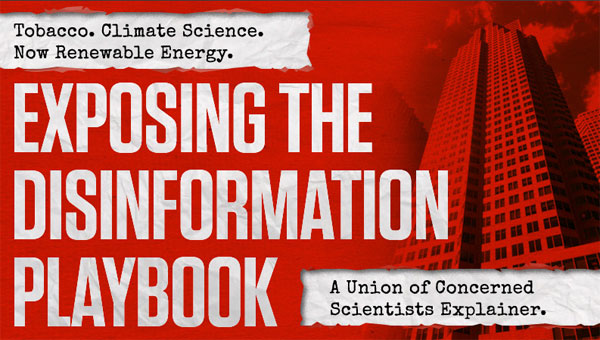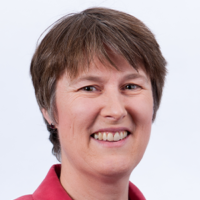This summer’s heat has been brutal. A surprisingly early June heat wave broke records in the Western United States. The heat sent people to emergency rooms and stoked wildfires that destroyed homes and lives. Europe and Asia have suffered recent dangerous heat waves, too. Wildfire season in the U.S. West—fueled by extreme heat and water stress—is nearly two months longer than in the 1970s.
Brenda Ekwurzel will appear on MSNBC’s special, The Politics of Power with Chris Hayes, this Friday, August 16, at 8 p.m. ET.
This blog first appeared as a guest article on MSNBC.
Extreme events like these are becoming more common. A recent report, for example, pegged 2012 as one of the top-ten hottest years on record. That year, minimum Arctic summer sea-ice shrank to a new record low. I’ll never forget seeing vast areas of open water at the North Pole in September while collecting samples for my research years ago. There’s far less ice there now at the end of Arctic summer season.
Scientists already see that people are suffering from the heat-trapping emissions in our atmosphere. But when I talk to people about this, many don’t always accept the science. It’s likely because they’ve heard so many conflicting messages about climate change online or in the media. That’s no mistake. The fossil fuel industry borrowed a political playbook from the tobacco industry before them: when scientists discover that your products are risky, attack the science.
My first personal experience with the disinformation campaign was about seven years ago. A radio program interviewed me along with someone from a fossil-fuel-funded group. At one point, I heard him say something that was not supported by peer-reviewed science. He said he had read scientific papers that made his case. Naturally, I asked him what papers he was talking about: Who were the authors? Where was their research published?
He refused to answer, even though he also claimed he was holding the papers right in front of him.
I was flabbergasted. I’d never run into someone with such a blatant disregard for facts and evidence before. It bothered me for days. But looking back, I shouldn’t have been surprised. Since then, science historians and others have published accounts of the groups that dispute the realities of climate change.
We should be having a debate about whether we get our energy from dirty coal and oil or from cleaner wind and solar; and instead, front groups have promoted the idea that we keep debating established science over and over again. Some members of Congress show signs the fossil-fuel industry funded disinformation campaign still holds sway. To take one example, when a policy magazine tried to ask a senator some basic questions about climate science, he went to great lengths to avoid answering.
The years of acrimony and delay on addressing climate change are costing us.
In North Carolina, the state legislature voted to ignore scientific projections for sea level rise at the behest of real-estate interests and a group with ties to the fossil fuel industry. And in Virginia, the legislature approved a study of its coastlines only after references to sea level rise and climate change were removed from the bill.
The good news is that other communities are being more responsible with science. Dr. Jennifer Jurardo, for instance, directs a planning office in Broward County, Florida and has been working with others in the region to use the latest scientific information to help prepare for rising seas. Florida is a densely populated state with a lot of valuable property and infrastructure on its coasts. A major portion of south Florida is within 4.5 feet above current sea level. Sea level rise presents huge risks there.
Jurardo isn’t alone. We’re hearing from more and more local leaders who are getting ready for a changing climate. Americans are doing more to reduce their own carbon emissions (and save money at the gas pump and on their electricity bills). Twenty-nine states and the District of Columbia are benefiting from utility requirements to ramp up renewable electricity use. And California is well on its way to reining in emissions through a comprehensive, economy-wide program.
Still, carbon emissions are on the rise and we’re locking in more changes to our climate every day. Communities will have to figure out how to respond to more heat waves, wildfires, and rising seas. And we face a fundamental choice about the future. Switching to cleaner energy sources would dramatically reduce the risks we face from a changing climate. We need an honest debate about that. Not more disinformation.
- To find out more, tune into MSNBC’s special, The Politics of Power with Chris Hayes, on August 16 at 8 pm ET.

